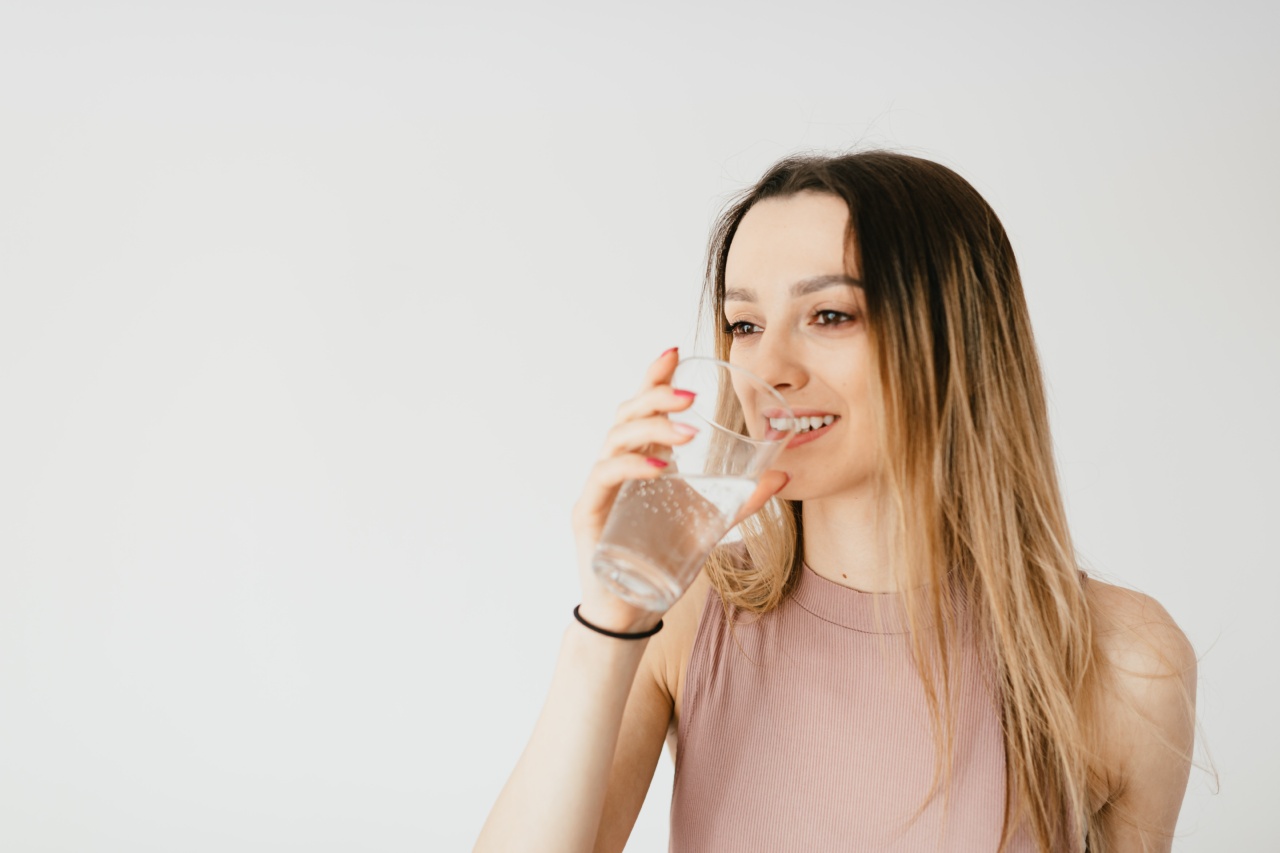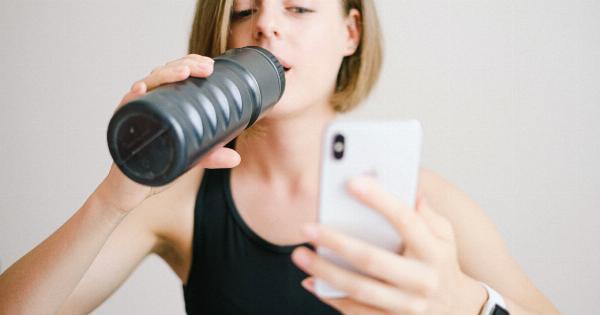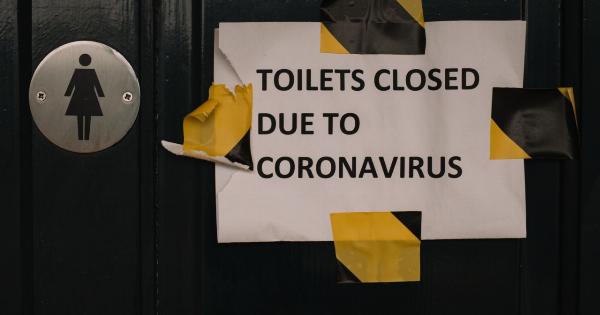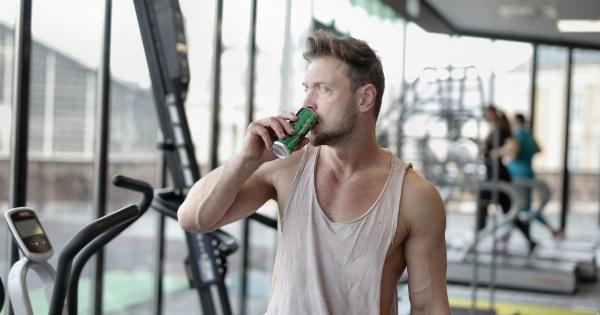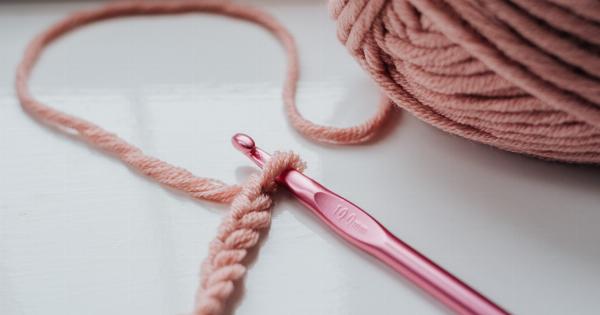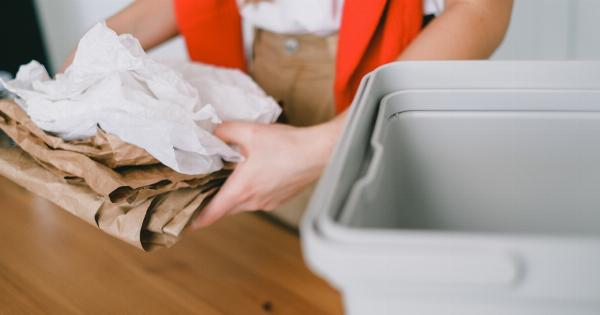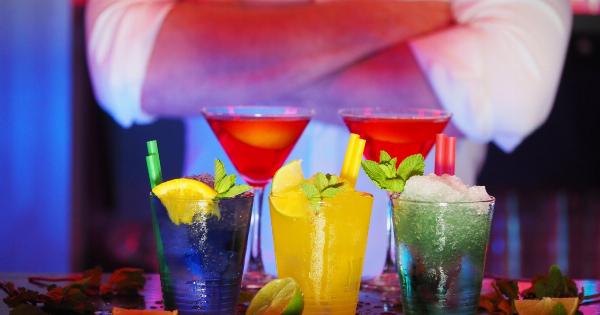Hydration is essential for your body to function properly, especially during hot summer months when you’re more likely to sweat. Without proper hydration, you run the risk of dehydration, which can lead to a range of health problems.
Yet despite the importance of hydration, there are many myths floating around about how much water you should drink and what you should drink to stay hydrated.
Myth #1: You Only Need to Drink Water When You’re Thirsty
This is a common myth, but it’s not entirely true. Your body sends signals when you’re thirsty, but the sensation of thirst doesn’t kick in until you’re already slightly dehydrated.
By the time you feel thirsty, you may have lost 1-2% of your body’s water content. Drinking water before you feel thirsty is a good way to avoid dehydration.
Myth #2: Eight Glasses of Water a Day Is the Standard Recommendation
You’ve probably heard the advice to drink eight glasses of water a day, but there’s really no set amount that applies to everyone.
The amount of water you need to drink each day can vary depending on factors like your age, weight, activity level, and climate. A better way to determine how much water you need is to divide your weight in half and drink that number of ounces of water each day.
Myth #3: All Fluids Hydrate You Equally
While it’s true that all fluids can help hydrate you to some extent, they don’t all hydrate you equally.
Some drinks, like caffeinated beverages and alcohol, can actually dehydrate you by causing your body to expel more water than they contain. Water is always the best option for hydration, followed by sports drinks or coconut water which contain electrolytes that can help replenish what you lose through sweat.
Myth #4: You Can’t Drink Too Much Water
While it’s important to stay hydrated, it is possible to drink too much water. Drinking excessive amounts of water can lead to a condition called hyponatremia, which occurs when the sodium levels in your blood become too diluted.
This can cause symptoms like nausea, headache, seizures, or even coma in severe cases.
Myth #5: You Need to Drink Water Even When You’re Not Thirsty
If you’re not thirsty, that’s a good sign that your body is getting the hydration it needs. Drinking more water than your body needs can actually put a strain on your kidneys and other organs.
Rather than forcing yourself to drink more water when you’re not thirsty, focus on staying hydrated overall by drinking fluids throughout the day and eating hydrating foods like fruits and veggies.
Myth #6: Drinking Water During Meals Dilutes Digestive Juices
Finally, there’s a myth that drinking water during meals can dilute your digestive juices and interfere with digestion.
While it’s true that drinking large amounts of water during meals can make you feel bloated or uncomfortable, drinking a glass or two won’t interfere with your digestion. In fact, drinking water during meals can even help your body digest food more easily.
Conclusion
Staying hydrated is essential for good health, but you don’t have to follow all the hydration myths that are floating around out there.
Drinking water before you feel thirsty, drinking the right amount of water for your body, and choosing hydrating fluids wisely can all help you stay hydrated without falling for common misconceptions.
